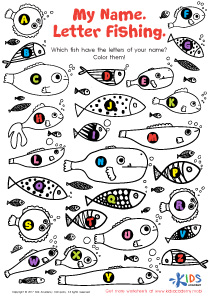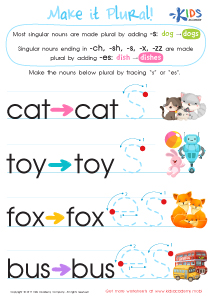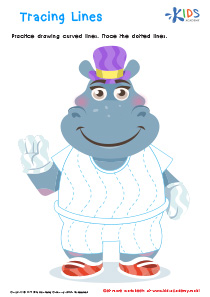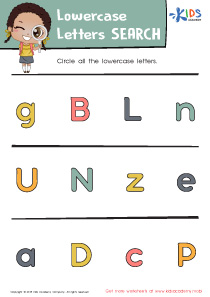Handwriting practice Easy Alphabet Worksheets for 4-Year-Olds
4 filtered results
-
From - To
Introducing our "Handwriting Practice Easy Alphabet Worksheets for 4-Year-Olds"! These engaging and educational worksheets are designed to help young learners build crucial handwriting skills. Featuring fun, age-appropriate activities, each worksheet guides children through tracing, writing, and recognizing both uppercase and lowercase letters of the alphabet. The vibrant illustrations and simple instructions ensure that practicing handwriting becomes an enjoyable and motivating experience for preschoolers. Perfect for at-home learning or classroom use, these worksheets lay a strong foundation for future writing success. Give your child a head start in literacy with our expertly crafted alphabet handwriting practice!
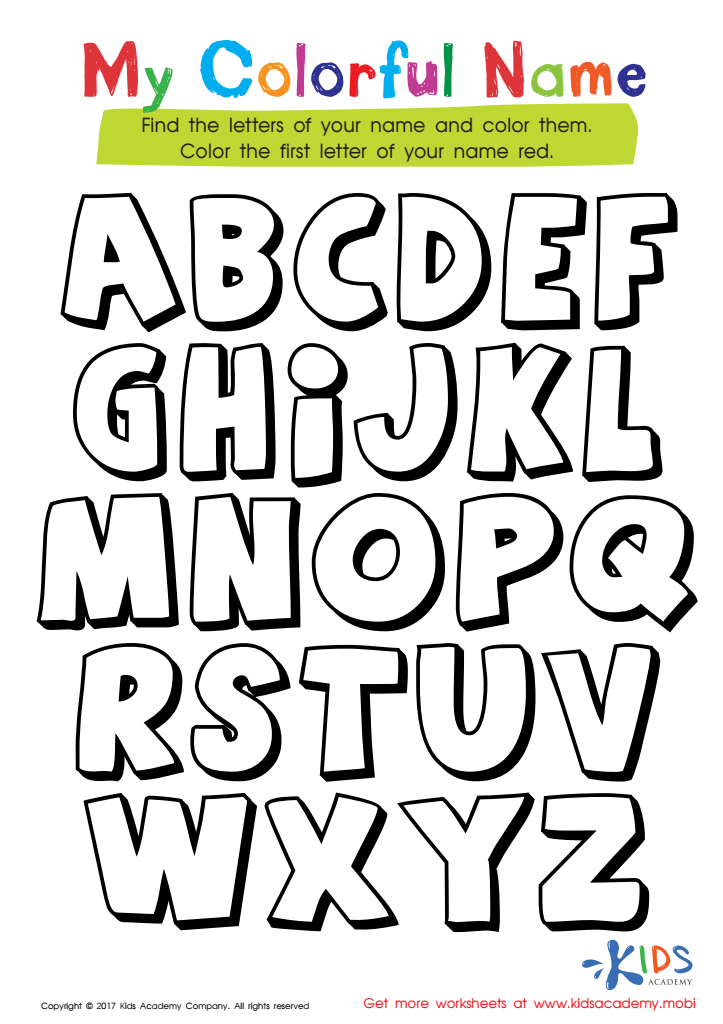

My Colorful Name Worksheet
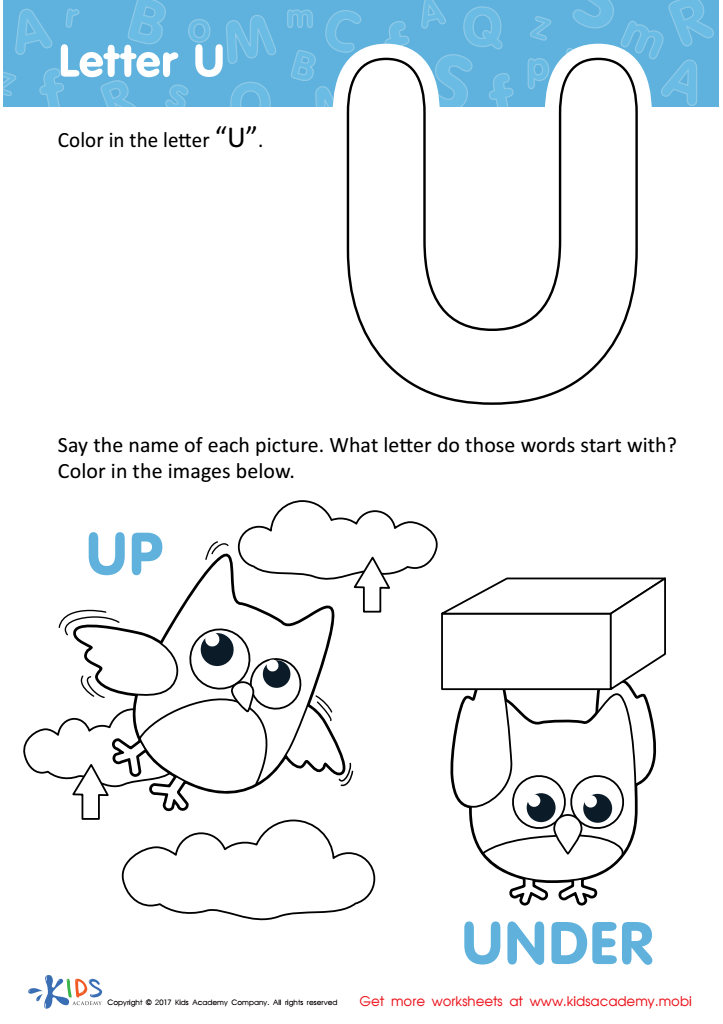

Letter U Coloring Sheet
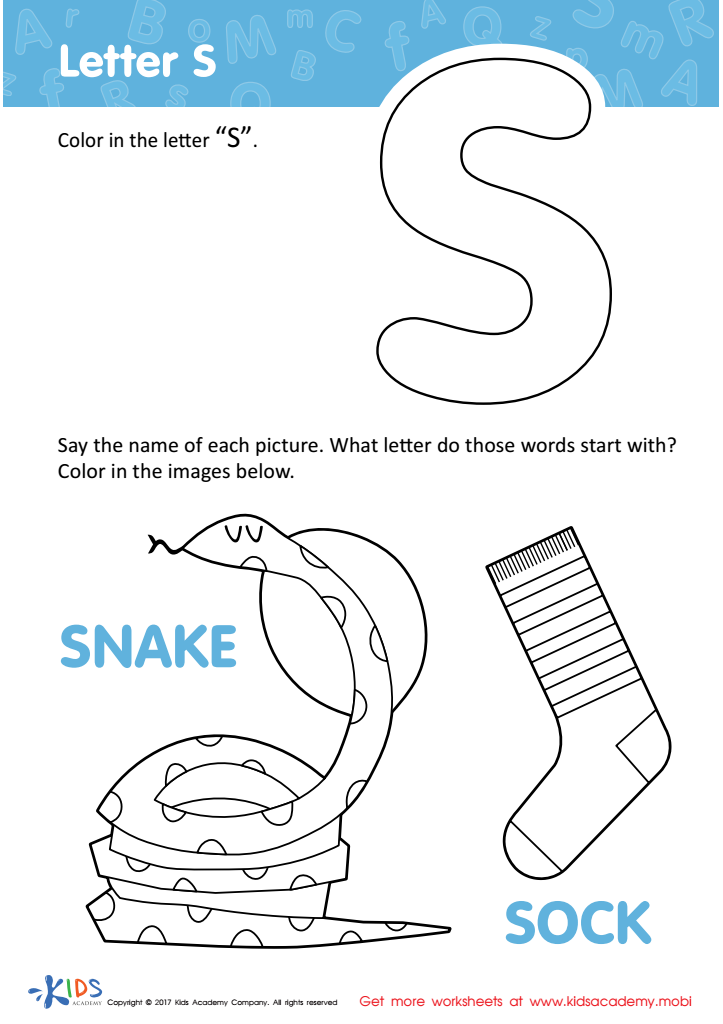

Letter S Coloring Sheet
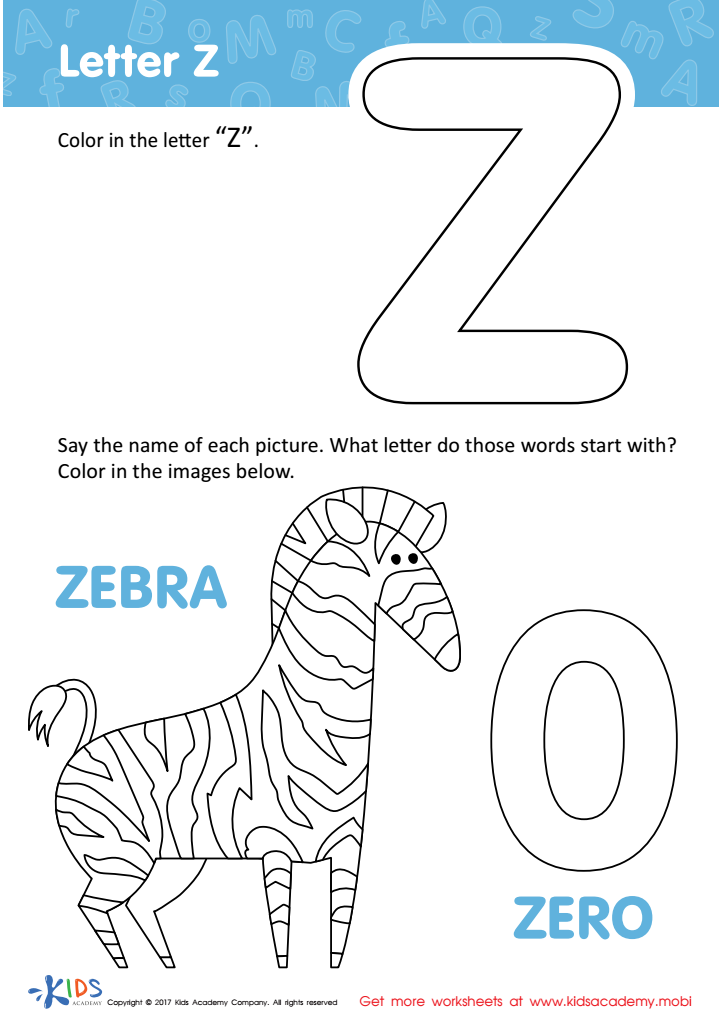

Letter Z Coloring Sheet
Handwriting practice that incorporates the easy alphabet is crucial for 4-year-olds, and parents and teachers should prioritize it for several compelling reasons.
Firstly, engaging in handwriting practice at an early age develops fine motor skills essential for a child's overall physical development. By learning to grip a pencil correctly and form letters, young children enhance their hand-eye coordination, finger dexterity, and muscle memory. These foundational skills are necessary not just for writing, but also for tasks like buttoning clothes and using utensils.
Secondly, early handwriting practice strengthens cognitive development. Forming letters involves processes like memory, attention, and sequencing thought patterns. Children learn to recognize letter shapes, understand their sounds, and eventually, piece them together into words. This pre-literacy skill lays the groundwork for reading proficiency, aiding in language development, and fostering a lifelong love of learning.
Moreover, practicing handwriting encourages discipline and focus. Sitting down to trace and write requires patience, attention, and consistent effort. These aspects help manage the more structured environments of future classrooms.
Lastly, sharing the practice between home and school creates a collaborative learning environment, where parents and teachers can continually support and celebrate a child's progress. In summation, handwriting practice solidifies foundational motor, cognitive, and emotional skills, priming young children for academic and personal growth.

 Assign to My Students
Assign to My Students










